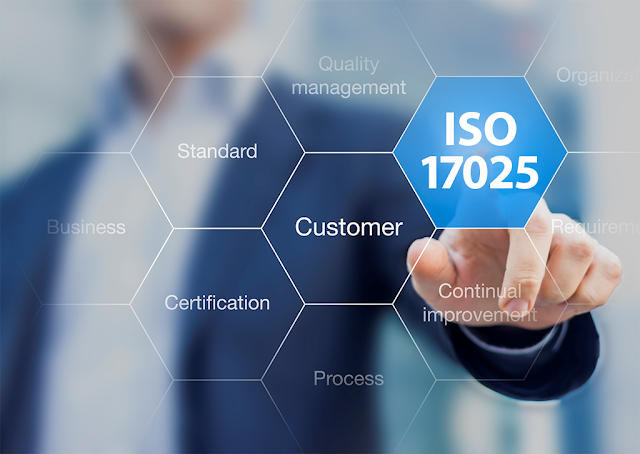ISO 9001 vs. AS 9100 Certification- How do they Differ?
Thanks to the Web world, now every entrepreneur or senior management is well aware of the fact that ISO 9001 is open to all businesses, regardless of their accountability and functionality. Sometimes, this perception makes people a bit confused about ISO 9001 and AS 9100. Most of the people think that AS 9100 and ISO 9001 do not any difference. If you have been fostering this concept (I should say misconception) for years, this is the high time you should realize the truth. There are certain basic differences between these two standards.
Before going to the ISO certification services for ISO 9001 or AS 9100 consultation, let’s explore the basic differences between these two ISO standards. Before making your way to the difference, let me give you a brief account of each of these two standards so that you can develop a clear understanding of how they resemble each other and how they differ from each other.
ISO 9001 Standard
The International Organization for Standardization or ISO intended to help numerous businesses to streamline their manufacturing or developing a process to ensure the quality and continual improvement. The ISO 9001 Standard was introduced mainly for meeting this particular requirement.
The core requirement of this standard is the establishment of a Quality Management System. An ISO 9001-certified QMS enables an organization to-
• Streamline multiple processes
• Beat the competitors and makes a strong base in the marketplace
• Meet the customer satisfaction
• Engage the employees as well as the senior management
• Motivate the employees
• Bring in potential leads
• Develop and expand the business
• Avail more opportunities
AS 9100 Standard
AS9100 standard is designed for the aerospace industry. Like ISO 900, the AS9100 certification implies that the certified company has a suitable Quality Management System in place and the company maintains the system to ensure the continual improvement. In this context, it is important to note that this QMS revolves around the aerospace industry and its requirements.
Major benefits offered by AS9100 Standard include-
• Improvement of internal processes to retain the high quality
• Achieving customer expectation
• Continual improvement
• Assurance of product safety and reliability
• Improvement of the balance sheet and profitability
• Achieving international recognition
ISO 9001 vs. AS 9100 Standard
AS9100 insists on meeting the customer requirements long with relevant statutory QMS requirements. It also highlights the controls to reduce the error.
ISO 9001 standard does not have certain requirements present in the guidelines of AS9100. It is obvious. The ISO 9001 Quality Assurance is a general standard, any business can adopt this standard while the AS9100 standard is an industry-specific standard that addresses the concerns related to the aerospace industry only. Therefore, it is natural that the AS9100 requirements will not be included in ISO 9001.
Additional requirements of AS9100 include-
• Identification
• Data, inspections, tests, and test specimens
• Notifications for changes and nonconformity
• Rights of access
• Requirements for the suppliers to distribute the requirements to the sub-tier suppliers
AS9100 standard, on the other hand, includes all the requirements stated in the ISO 9001 Standard. Most of the reputed ISO certification services opine that gaining certification to AS9100 becomes easier for organizations, which have ISO 9001 certification.
A Final Takeaway
Before winding up the discussion, it is important to reflect on a couple of things about the differences between ISO 9001 and AS9100. The latter, however, emphasizes the preventive action (PA) such as risk management, error proofing, FMEA, information on product-based problems received from the external sources.
Now when you know the basic differences between the ISO 9001 standard and AS9100, it will be easier for you to make decisions about implementing an effective QMS for your organization.



Comments
Post a Comment